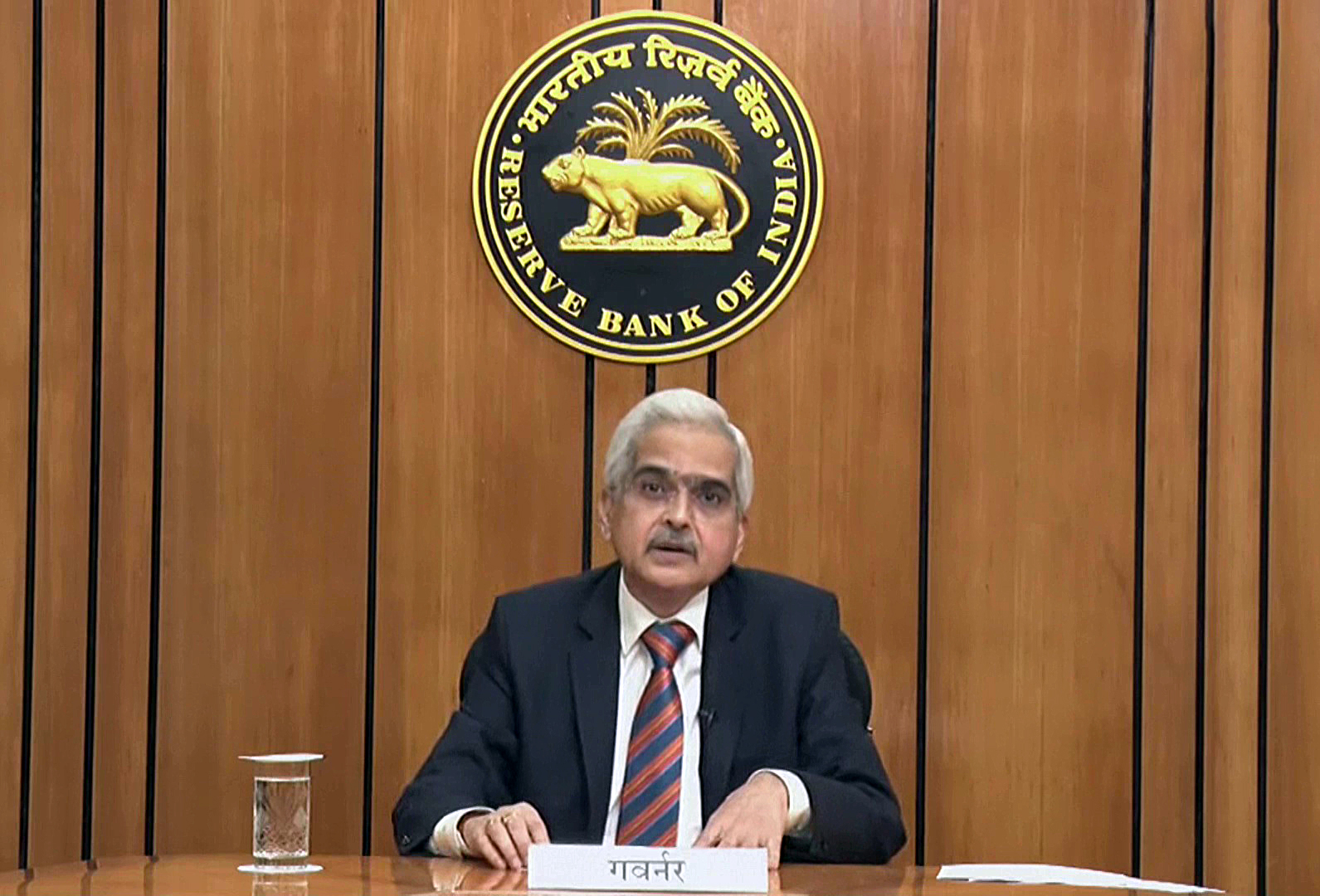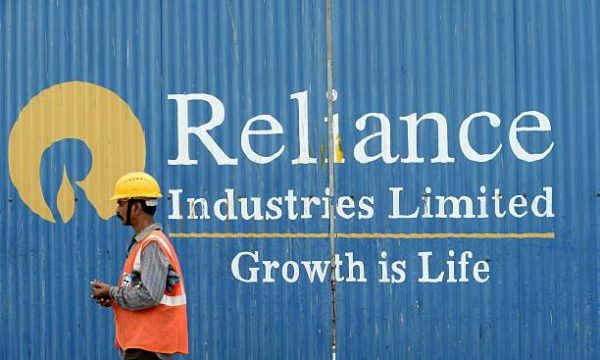The central bank also has released ‘framework for facilitating small value digital payments in offline mode’. The bank has put the framework on its website
Our Bureau
Mumbai
Non-Resident Indians (NRIs) and Overseas Citizen of India (OCIs) do not require prior approval of the Reserve Bank of India (RBI) for buying or selling immovable properties like houses in India, the central bank said on Wednesday.
“At present, NRIs/OCIs are governed by provisions of FEMA 1999 and do not require prior approval of RBI for acquisition and transfer of immovable property in India, other than agricultural land/ farm house/ plantation property, as per the terms and conditions laid down in Chapter IX of the Foreign Exchange Management (Non-debt Instruments) Rules, 2019, dated October 17, 2019 (as amended from time to time), issued under Section 46 of FEMA 1999,” the RBI said in a statement.
The RBI issued a clarification on acquisition/transfer of immovable property in India by Overseas Citizen of India (OCIs). “A large number of queries have been received at various Offices of the Reserve Bank, based on newspaper reports on a Supreme Court Judgement, on whether prior approval of RBI is required for acquisition/transfer of immovable property in India by as Overseas Citizen of India OCIs,” the central bank said.
“It is hereby clarified that the concerned Supreme Court Judgement dated February 26, 2021 in Civil Appeal 9546 of 2010 was related to provisions of FERA, 1973, which has been repealed under Section 49 of FEMA, 1999,” the RBI added.
Meanwhile, the Reserve Bank of India (RBI) also has released ‘framework for facilitating small value digital payments in offline mode’. The central bank has put the framework on its website.
“The framework incorporates the feedback received from the pilot experiments on offline transactions conducted in different parts of the country during the period from September 2020 to June 2021,” the RBI said in a statement. An offline digital payment means a transaction which does not require internet or telecom connectivity. Under this new framework, such payments can be carried out face-to-face (proximity mode) using any channel or instrument like cards, wallets, mobile devices, etc. Such transactions would not require an Additional Factor of Authentication (AFA).
Since the transactions are offline, alerts (by way of SMS and/or e-mail) will be received by the customer after a time lag. Transactions are subject to a limit of Rs 200 per transaction and an overall limit of Rs 2000 for all transactions until balance in the account is replenished.
Balance replenishment can only occur in an online mode.
Offline mode of payment can be enabled only after obtaining specific consent of the customer. Customers shall enjoy protection under the provisions of circulars limiting customer liability issued by the Reserve Bank of India (as amended from time to time).
Customers also have recourse to the Reserve Bank – Integrated Ombudsman Scheme for grievance redress. “Offline transactions are expected to give a push to digital transactions in areas with poor or weak internet or telecom connectivity, particularly in semi-urban and rural areas. The new framework is applicable with immediate effect,” the RBI said.
But in the meanwhile, as Covid-19 infections spike in the country resulting in restrictions in various states and impacting the fragile recovery, many economists are expecting RBI to delay the policy normalization move, which is expected in the February review.
The country has reported a single-day rise of 58,097 new Covid-19 cases as of Wednesday morning–the highest in around 199 days– of which 2,135 are Omicron cases and later in the day, the first confirmed Omicron-related death has also been reported.


























